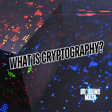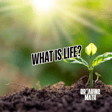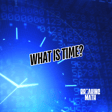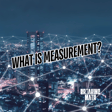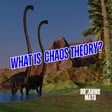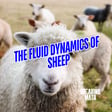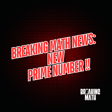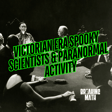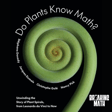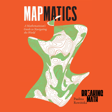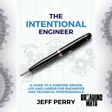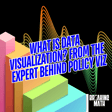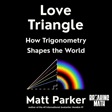
Math for English Majors with Ben Orlin
Math & Language: Creativity, Quantification, and Making Math Accessible with Ben Orlin
In this episode of Breaking Math, hosts sit down with Ben Orlin, author of Math for English Majors and Math with Bad Drawings, to explore the intersection of math and language. Discover the unique skill sets required for mathematics and creativity, how math education can be made more accessible, and the role of quantification in empowering individuals across various fields, including literature and the arts. The conversation highlights the historical contributions of women in math, including the impact of Einstein’s wife on his work. Ben also shares insights into his writing process and the challenges of making math relatable to a broad audience. Learn how mathematical thinking can enhance one's appreciation for literature and the world.
Keywords: math, language, skill sets, math education, accessibility, quantification, power of math, women in math, Einstein's wife, math, literature, book, writing, perspective, abstraction, relationships
Subscribe to Breaking Math wherever you get your podcasts.
Become a patron of Breaking Math for as little as a buck a month
Follow Ben Orlin on Twitter, and on his websites mathwithbaddrawings.com and mathgameswithbaddrawings.com and find his book “Math for English Majors” on Amazon
Follow Breaking Math on Twitter, Instagram, LinkedIn, Website, YouTube, TikTok
Follow Autumn on Twitter and Instagram
Follow Gabe on Twitter.
Become a guest here
email: breakingmathpodcast@gmail.com
